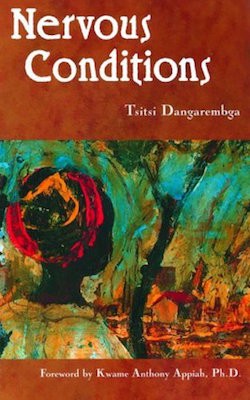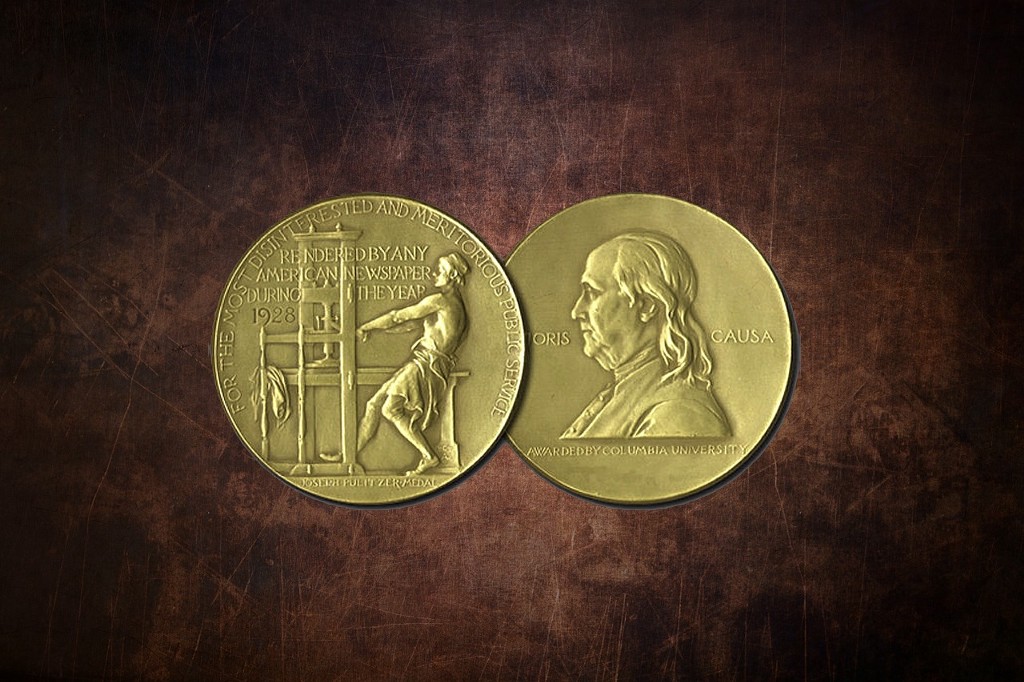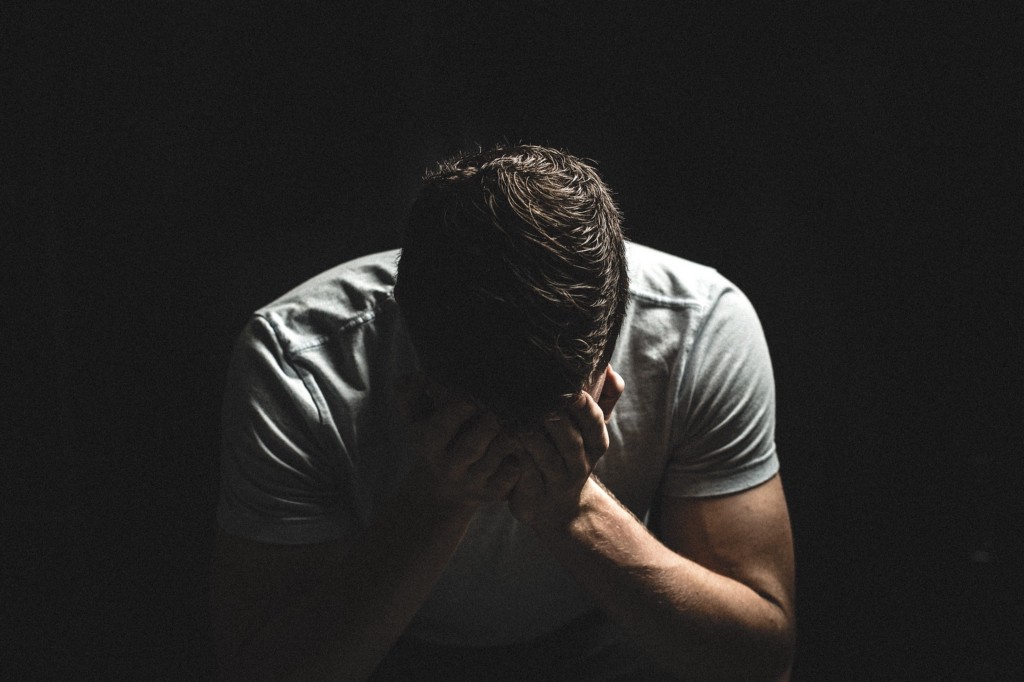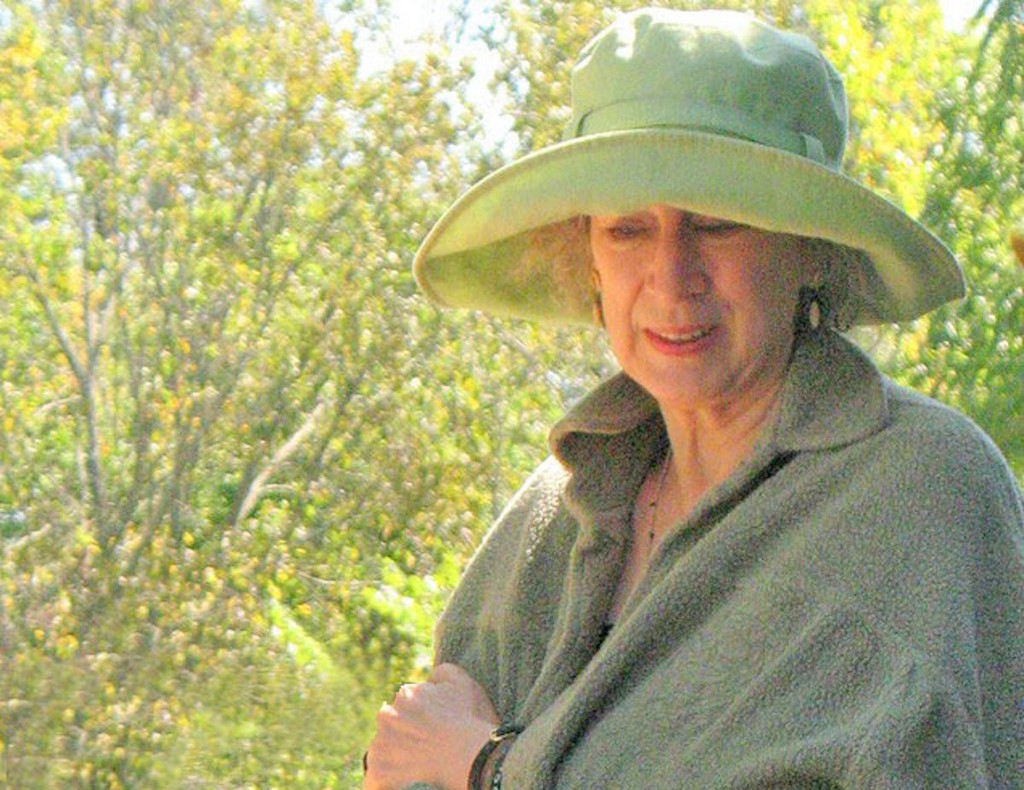Books & Culture
‘The Power’ Is the Perfect Book for the #MeToo Movement
So why hasn’t it gotten more attention?

The perfect novel for the Me Too movement was released in the U.S. October 2017 — the month the Weinstein revelations broke. You couldn’t ask for more brilliant cosmic timing — except that few Americans seem to be reading or talking about Naomi Alderman’s The Power. During the holidays I searched display after display of new releases at our massive suburban Barnes and Noble and couldn’t find it. It was missing from Washington, DC’s left-leaning Busboys and Poets. The Power has been critically lauded — it won the Baileys Women’s Prize for Fiction in the UK and made plenty of “Best Books” lists for 2017 here in the U.S. By now it should be launching a thousand thinkpieces, but instead…silence. How can this be?
The premise of the novel is straightforward and mesmerizing: teenage girls suddenly acquire the ability to cause pain and death by twisting an electric “skein” inside their collarbones and sending out a charge through their hands. Their rage is “pure and white and electric” as they rain vengeance down on their rapists and abusers. Talk about “time’s up.” Reading this novel against the background of each new sexual harassment revelation this past fall was exhilarating — and terrifying. I was surprised at how viscerally I recognized the anger in The Power; I could almost feel it sizzling in my own collarbone, traveling down my limbs. Yes, I thought, here is a white-hot blade to divide truth from lies, just from unjust. Yes, women’s anger will be one of the things that saves us.
Not so fast, Alderman warns.
As sweet as it is to see justice meted out, The Power will not let us rest here. Alderman rejects the sentimental assumption that if women had life-and-death power they would always use it benignly. A foster kid reinvents herself as Mother Eve, founds an appealing new religion based on nurture and healing, but asserts her authority through deception. A girl named Roxy takes over her powerful crime family and expands its reach by selling a new drug that is also a weapon. Most brutally, the women who emerge from the sex trafficking capital of the world themselves become sexual torturers, rapists and mass-murderers. Alderman seems to suggest that power itself is the problem. Anyone who has it, male or female, will abuse it — in one of the book’s refrains — just because they can.
Alderman seems to suggest that power itself is the problem. Anyone who has it, male or female, will abuse it just because they can.
This isn’t how the “Me Too” movement has unfolded — women have come forward to change the balance of power without abusing power themselves; they’ve called for a new ethos of dignity and respect that benefits men and women alike. But the “Me Too” movement must grapple with the same questions The Power does: how did we allow this culture of abuse to stand for so long? And how do we undertake the hard work of imagining the world differently?
Reading The Power during the sexual harassment allegations gave me an uncomfortable answer to that first question: The culture of abuse has persisted because too many of us, myself included, have been complicit. I discovered that I’m much more alarmed and disgusted by sexual abuse when it’s perpetuated against men. For example, the book describes male genital mutilation or “curbing,” which not only limits male pleasure but makes it “impossible for a man to achieve an erection without skein stimulation by a woman” and leaves many of its victims unable to orgasm without pain. Obscene, almost unthinkable that a man’s body would be made to betray itself in this way; that such suffering would be wreaked at the very center of who he is. And yet. Of course. Whole cultures have justified — still justify — doing this to women.
As I watched where my sympathies landed in Alderman’s alternative reality, I realized that the sexual abuse of women is so familiar — such constant background music, such a 21st-century narrative cliché — that it no longer registers with the visceral force it should. When the Weinstein revelations first came out, I confess that I shrugged. I thought: in an industry where beauty and charisma are for sale, of course this is how it works. I wasn’t so much surprised by the men’s behavior as by everyone around them who sort of knew, who behaved as though this was sort of okay. Alderman’s upside-down world shocked me into understanding that I’m one of those people. I’ve let my expectations be set by cultural norms that are hostile to women.
I realized that the sexual abuse of women is so familiar that it no longer registers with the visceral force it should.
So how do we imagine different norms, a different world? It can’t be a coincidence that the “Me Too” movement began in Hollywood, where our cultural myths are writ large. The Power asks us to think about who gets to make those myths. In one delicious aside we learn that once the women take over, men’s movie clubs mushroom underground. The men watch “particular kinds of movie over and over again: the ones with explosions and helicopter crashes and guns and muscles and punching.” And I think of the energy I’ve wasted pretending this narrow genre of movies is interesting. I’ve nodded along to the idea that they are universally appealing, “blockbusters,” while movies that have actual relevance to my life as a woman are small, minor, lucky to break even — or worse, “chick lit.”
In another scene, the novel’s only male protagonist, a journalist from Lagos, files his reports about the dark side of women’s new power and is told: “Sorry, not something we can sell right now.” No violence is necessary to kill a story those in power don’t wish to hear; all they have to do is shrug in the direction of the marketplace. It’s not enough for new stories to be told — as we’ve seen with the “Me Too” movement, they also need to be seen, believed, and shared.
No violence is necessary to kill a story those in power don’t wish to hear; all they have to do is shrug in the direction of the marketplace.
This returns us to the question of why The Power itself hasn’t made a bigger splash, despite the brilliance of its timing. Instead we spent the end of 2017 talking about the retread of Blade Runner and the latest Star Wars movie. Yes, the last Jedi turns out to be a young woman, and the movie gives us female leaders played indelibly by Carrie Fisher and Laura Dern, but the patriarchal backbone of the story remains unmistakable. The question at its emotional core is still: Who’s your father? Our culture has grown more comfortable with female protagonists, but the silence around The Power suggests it still can’t make much space for female anger. Instead it seeks comfort by returning to the old stories.
Nothing will change until we start reading and telling new stories.
The new stories may not be so comforting. I flinched at the apocalyptic violence of Alderman’s vision and wanted to reject her apparent pessimism about how women would use their power, but it stimulated far deeper and more lasting reflection than — say — Wonder Woman’s idealized vision of female benevolence. I could disagree with Alderman’s premise that men’s power has come from their ability to physically harm women, but only if I asked myself where I thought it came from. How is it that women throughout history have allowed this to happen, and how have they been resisting all along? If women would wield power differently, then how? And how would we resist the temptations of corruption? If we are brave and honest enough to say “Me too,” then we are brave and honest enough to ask ourselves these questions.
If women would wield power differently, then how? And how would we resist the temptations of corruption?
Alderman’s speculative fiction spurred my own: what if we applied “extreme vetting” to the problem of mass shootings and made a law that only women can use firearms? What if we remade all the guns so the triggers would only respond to people with a double-x chromosome? What if we changed the Constitution so that only women lawmakers were permitted to make laws affecting birth control and abortion? What if all the pro-choice and pro-life women got together and closed the door and fought and cried and told their truths, and emerged with a vision of human rights that accounts for the fact that we all enter this earth through a woman’s body? What if we treated sexual violence as the gender terrorism it is and made it a point of patriotism and pride and our existential survival as a nation to mobilize all our resources to fight it?
The Power not only revitalizes the revolutionary power of speculative fiction; it does what the best literature does, helping us see that the world could be different. This is exactly the complex, difficult, unsparingly truthful imagining we need to do now.









